
Fundamentals of Cardiovascular Anatomy and Physiology
Original price was: $199.95.$29.99Current price is: $29.99.
17Video 3,5Hours
- 100% Satisfaction Guaranteed!
- Immediate Digital Delivery
- Download Risk-Free
This comprehensive course is designed to provide graduate and undergraduate students in the healthcare or life sciences fields with a deep understanding of the anatomical structures and physiological processes involved in the human heart. Through in-depth exploration of the heart’s external and internal anatomy, coronary circulation, cardiac conduction system, autonomic innervation, endocrine function, electrophysiology, and hemodynamics, students will develop a strong foundation in basic cardiology.
Key Topics:
- Cardiac Anatomy: Detailed examination of the heart’s external and internal structures, including chambers, valves, and associated vessels.
- Coronary Circulation: Exploration of the coronary arteries and veins, their role in supplying blood to the heart muscle, and the potential consequences of coronary artery disease.
- Cardiac Conduction System: In-depth analysis of the electrical pathways that control the heart’s rhythm, including the sinoatrial node, atrioventricular node, bundle of His, and Purkinje fibers.
- Autonomic Innervation: Study of the sympathetic and parasympathetic nervous systems’ influence on heart rate, contractility, and blood pressure.
- Cardiac Endocrinology: Investigation of the hormones released by cardiac cells, their functions, and their role in cardiovascular regulation.
- Cardiac Electrophysiology: Exploration of the cellular biophysics of ion channels, action potentials in pacemaker and muscle cells, and the mechanisms underlying cardiac rhythm.
- Hemodynamics: Analysis of the factors that influence cardiac output, including preload, afterload, and contractility, and their impact on the heart’s mechanical function.
- Electrocardiography (ECG): Interpretation of ECG waveforms, vector orientation, mean electrical axis, and the clinical significance of various ECG patterns.
Upon completion of this course, students will be well-prepared to apply their knowledge to more advanced topics in cardiology and related fields.



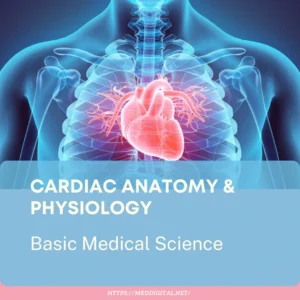
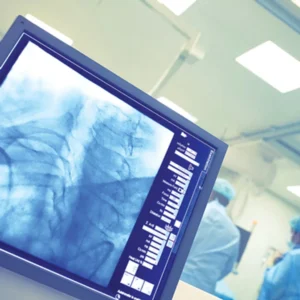
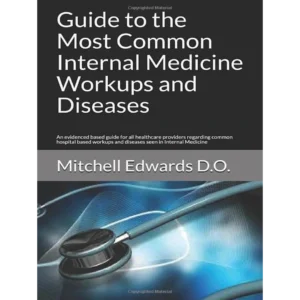
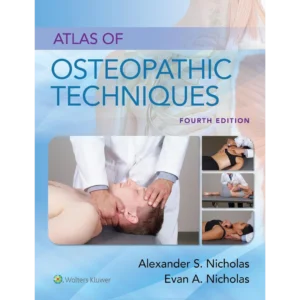
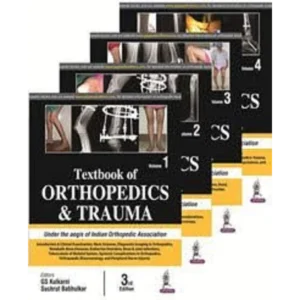

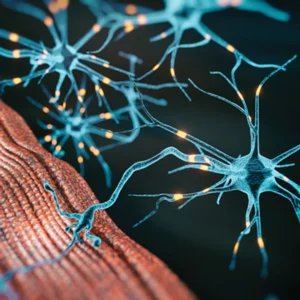
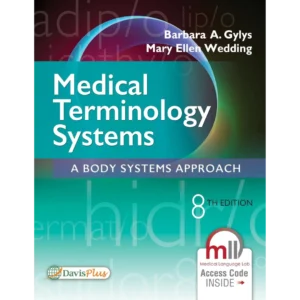
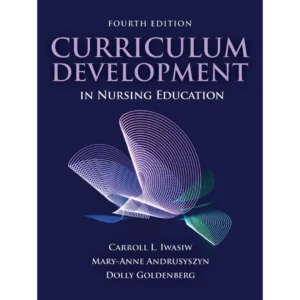
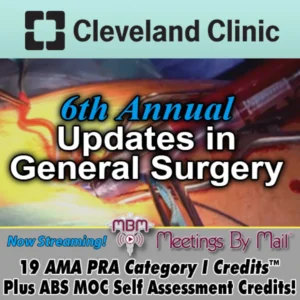

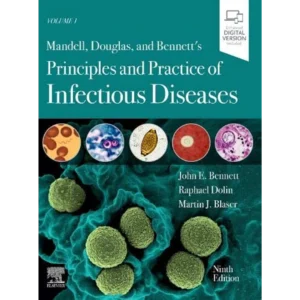
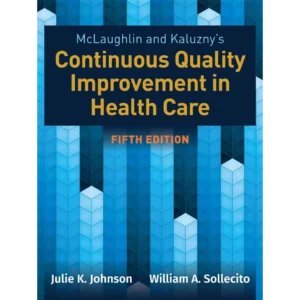
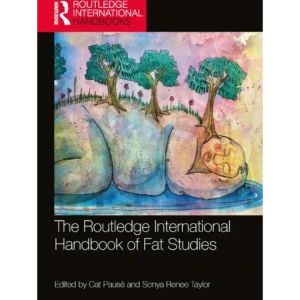
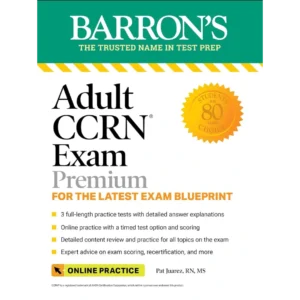
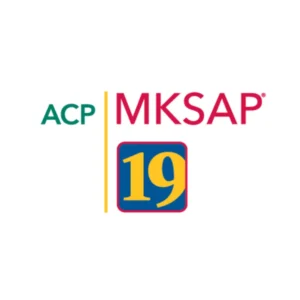
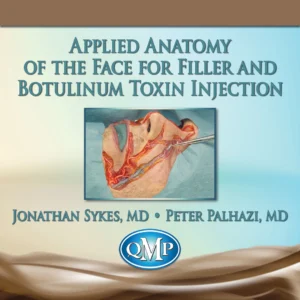

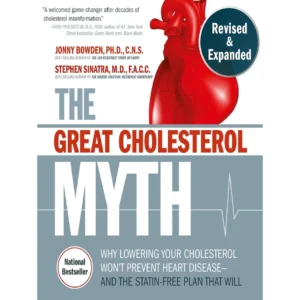
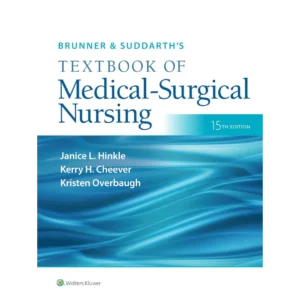
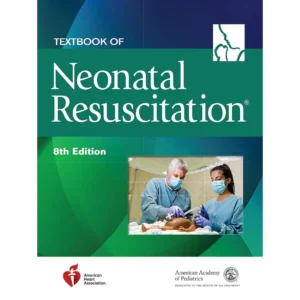
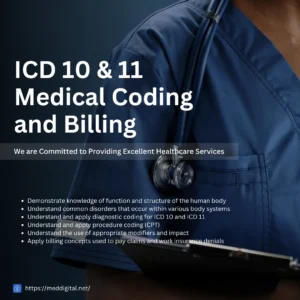
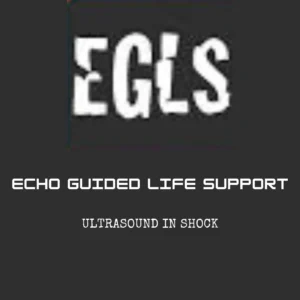
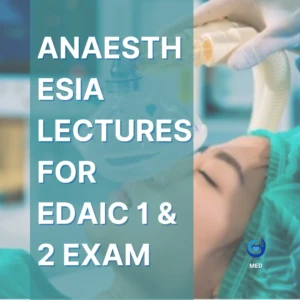
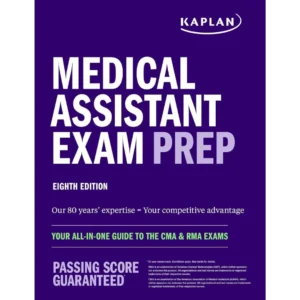
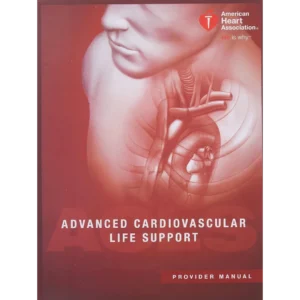
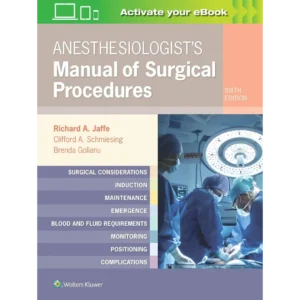
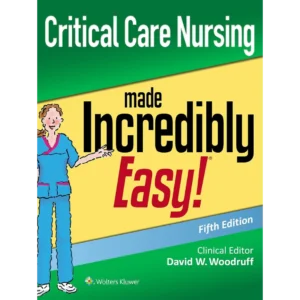
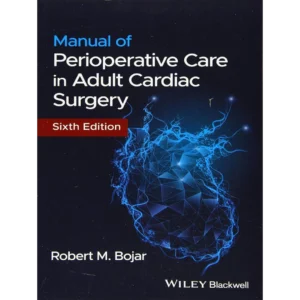
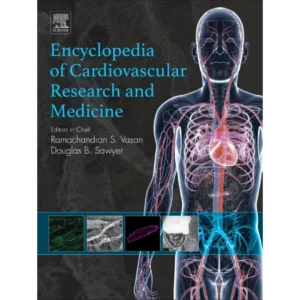
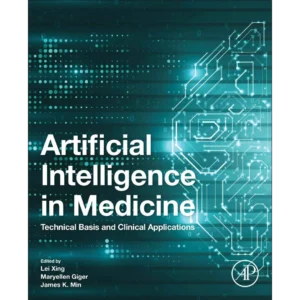
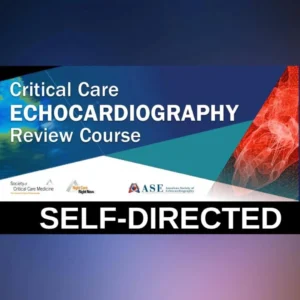
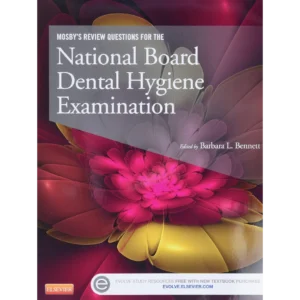
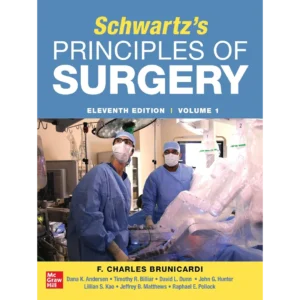

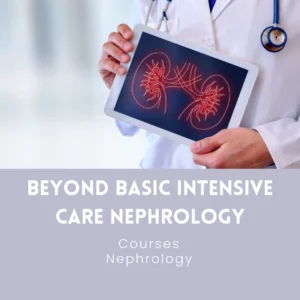
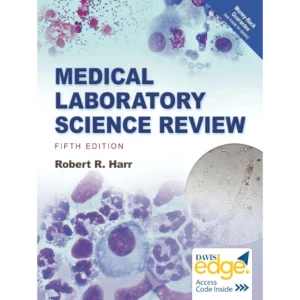
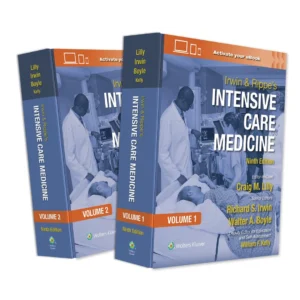
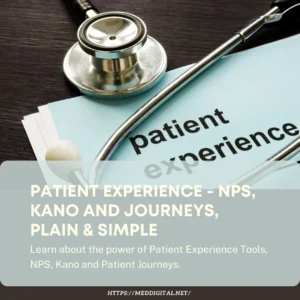
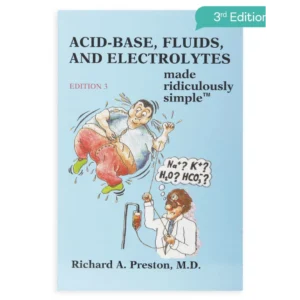
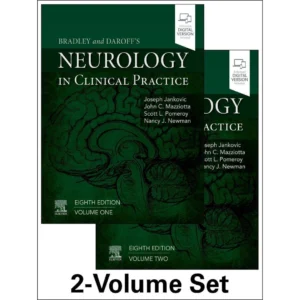
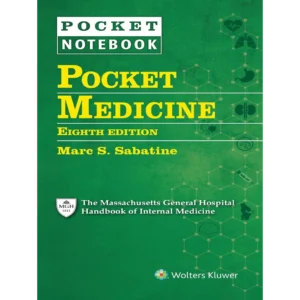
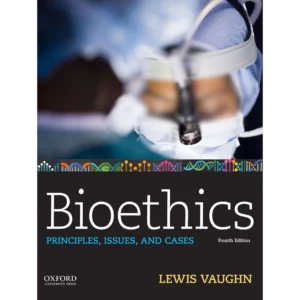
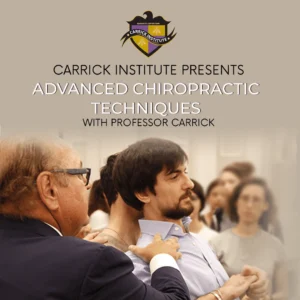
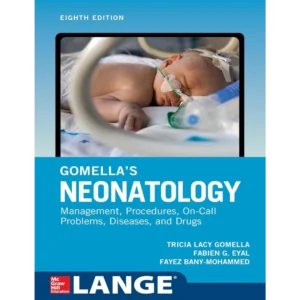
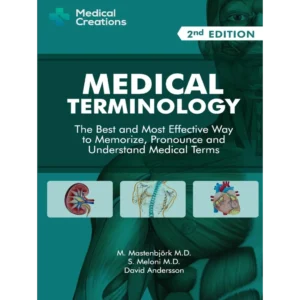
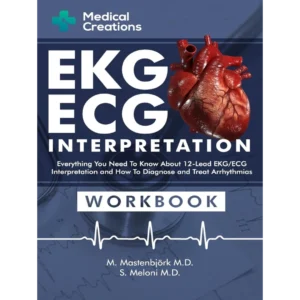

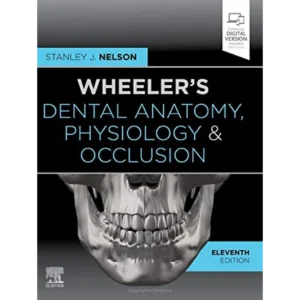

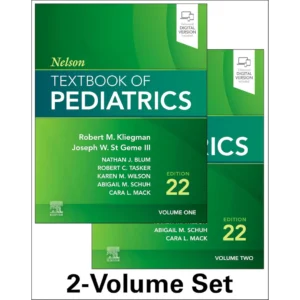
Reviews
There are no reviews yet.